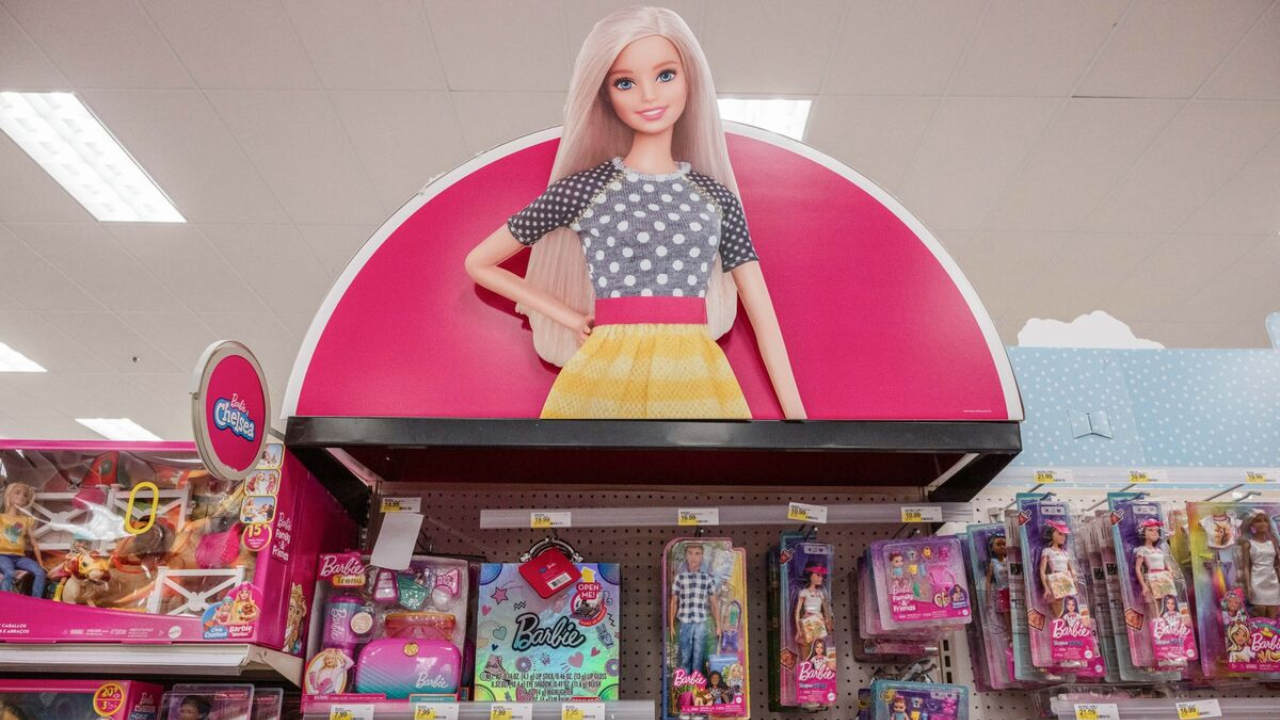Toy giant Mattel, known for its popular Barbie dolls, has decided to raise prices on its products due to the ongoing trade tensions with China and the tariffs imposed by the Trump administration.
move comes as part of the company’s efforts to offset the rising costs of production and continue to maintain its profit margins.
The new price increases are likely to affect many of Mattel’s products, including Barbies, Hot Wheels cars, and other popular toys.
In recent months, the U.S. government under former President Donald Trump has been locked in a trade war with China, imposing tariffs on Chinese-made goods.
Mattel, like many other companies that rely on China for manufacturing, has been hit hard by these tariffs. These tariffs have made it more expensive for Mattel to produce toys in China, and the company is now passing some of those higher costs onto consumers through price hikes.
Mattel’s decision to raise prices comes at a time when the company is trying to recover from years of declining sales. Despite the popularity of Barbie dolls, Mattel has struggled to maintain consistent growth in a rapidly changing toy market.
In response to these challenges, Mattel has been working on revamping its product offerings, including launching new Barbie dolls and expanding its merchandise to appeal to a broader audience.
However, the price increases are unlikely to be well-received by consumers. Many parents, already feeling the financial strain of higher costs in various areas, may think twice before purchasing higher-priced toys.
There’s also a chance that the price hikes could impact the company’s overall sales, especially if customers begin to turn to cheaper alternatives or stop buying toys altogether.
In addition to the impact on consumers, Mattel’s price increase could also have an effect on the toy industry as a whole. As other companies in the toy industry face similar cost increases due to tariffs, they may also be forced to raise their prices, which could lead to a significant shift in the market.
It’s unclear whether consumers will continue to purchase toys at higher prices or if the industry will experience a downturn.
This price hike also signals the ongoing impact of the U.S.-China trade war, which has disrupted global supply chains and increased the cost of doing business for many companies.
For Mattel, the decision to raise prices is a way to cope with these external pressures, but it remains to be seen whether it will be enough to ensure the company’s long-term success.
The toy industry is in a state of flux as companies like Mattel navigate the challenges posed by the trade war and evolving consumer tastes. While Mattel is making efforts to adapt to these changes, the company faces an uncertain future.
The rise in prices could make it more difficult for Mattel to remain competitive in the face of both new market challenges and the economic realities imposed by global trade tensions.
As Mattel moves forward, the question remains whether the price increase will ultimately pay off or whether it will push more consumers away.
The company’s ability to balance price hikes with consumer demand, while continuing to innovate and stay relevant in a competitive market, will determine how well it performs in the years to come.
Disclaimer- Our team has thoroughly fact-checked this article to ensure its accuracy and maintain its credibility. We are committed to providing honest and reliable content for our readers.






